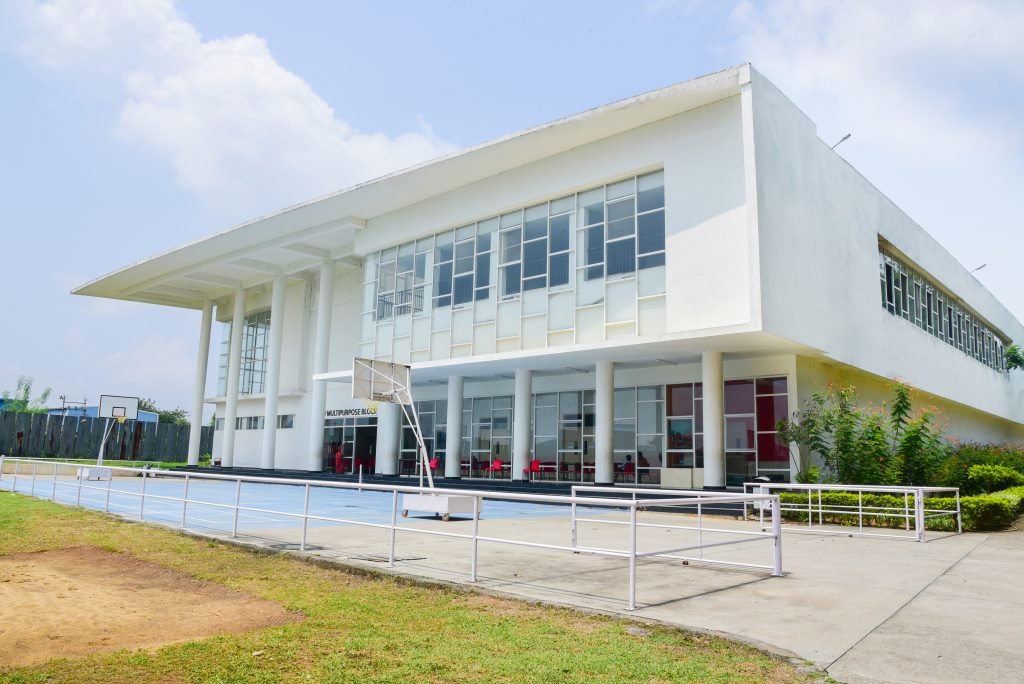
In today’s diverse and interconnected world, creating an inclusive learning environment is paramount for International Baccalaureate (IB) schools. As educational institutions that strive to develop knowledgeable, caring, and internationally-minded learners, the best IB schools in Bangalore embrace diversity and equity to ensure all students feel valued and supported. The IB school program always emphasises providing a comprehensive and challenging education for students worldwide. In this blog, we’ll explore the importance of inclusivity in IB schools and discuss best practices for building an inclusive learning environment that fosters academic success and personal growth for all students.
Understanding Inclusivity in IB Schools:
At the core of the IB philosophy lies the commitment to intercultural understanding and respect. IB schools aim to cultivate open-mindedness, empathy, and appreciation for diverse perspectives among students. Inclusivity goes beyond mere tolerance; it requires actively embracing and celebrating differences in culture, language, abilities, and backgrounds within the school community. By promoting inclusivity, these schools nurture a supportive and enriching learning environment where every student feels a sense of belonging and is empowered to reach their full potential.
Best Practices for Building an Inclusive Learning Environment:
Promoting Diversity and Representation:
IB schools should strive to reflect the diversity of the global community within their curriculum, teaching materials, and school environment. Incorporating diverse perspectives, authors, and historical narratives into the curriculum ensures that students see themselves represented and fosters a sense of belonging for all.
Cultivating an Inclusive Curriculum:
A curriculum that is culturally responsive and inclusive acknowledges and respects the unique backgrounds and experiences of students. IB schools can integrate multicultural literature, global issues, and perspectives from various cultures into their curriculum to foster empathy, critical thinking, and intercultural understanding among students.
Providing Differentiated Instruction:
Recognizing that students have diverse learning styles, abilities, and needs, IB schools should offer differentiated instruction to meet individual students’ needs. This may involve adapting teaching strategies, providing additional support, or offering extension activities to ensure that every student can access and engage with the curriculum.
Creating Safe and Welcoming Spaces:
IB schools need to establish safe and welcoming spaces where students feel comfortable expressing themselves and sharing their ideas. This includes promoting respectful communication, actively addressing discrimination or bias, and fostering a sense of belonging among students from all backgrounds.
Make Learning Easy for All Students
For some individuals, confidently raising their hands and responding to a question may seem effortless. However, for others, this simple act can be overwhelming. Despite possessing the necessary knowledge to articulate their thoughts accurately, some students struggle with confidence issues.
Addressing this barrier is essential for fostering a more inclusive and supportive environment. By providing additional encouragement to students who may need it, IB schools help alleviate their apprehensions and reduce the disparity in participation levels. Additionally, in the context of online learning and remote teaching, having effective tools or strategies in place becomes even more imperative.
Providing Professional Development for Educators:
Effective implementation of inclusive practices requires ongoing professional development and training for educators. IB schools should invest in professional learning opportunities that help teachers develop cultural competence, inclusive teaching strategies, and awareness of their own biases.
Building Partnerships with Families and Communities:
Collaboration with families and communities is essential for creating an inclusive learning environment. Reputed IB international schools in Bangalore engage parents, guardians, and community members as partners in supporting students’ academic, social, and emotional development. By involving families and communities in school activities and decision-making processes, IB schools strengthen connections and foster a sense of collective responsibility for student success.
Summary
Inclusive learning environments are essential for IB schools to fulfill their mission of developing globally-minded and compassionate learners. By embracing diversity, promoting equity, and implementing best practices in inclusivity, IB Schools in Electronic City prioritise creating supportive and enriching educational experiences for all students. By emphasising inclusivity, IB schools not only prepare students for academic success but also empower them to become empathetic, socially responsible citizens who contribute positively to an increasingly diverse and interconnected world.
The top IB schools prioritise cultural sensitivity and inclusivity in their educational methods. They recognize the significance of fostering an understanding of various cultures and seamlessly incorporate diverse viewpoints into their curriculum. Through IB programs, students are equipped to become global citizens who value and comprehend the cultural richness and diversity across the globe.
